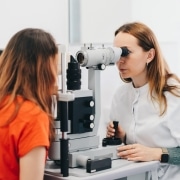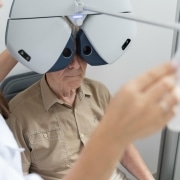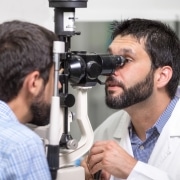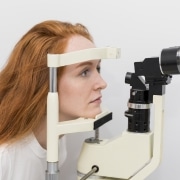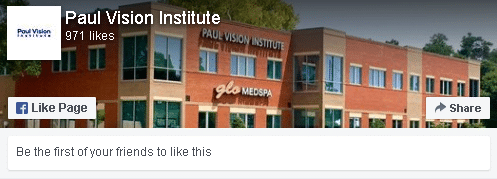How to Protect Your Vision as You Age
As we age, our vision tends to change. While some change is an inevitable part of the aging process, and glasses or contacts can fix many of these, other problems can lead to low vision or permanent vision loss. While [practice_name] can help when your vision starts to fail, we also want you to know what steps to take to prevent vision loss to begin with.
Keep Up with Regular Vision Checks
Seeing your eye doctor in Wilmington, NC, regularly for comprehensive checks is a key part of helping your vision as you age. At [practice_name], we screen for a wide range of age-related conditions to ensure your eyes are as healthy as possible. Often, these routine eye exam appointments will discover problems when they are just beginning, so we can take measures to prevent them from progressing.
Manage Chronic Health Conditions
Many chronic health conditions, including high blood pressure and diabetes, can hurt your vision. Keeping these in check through proper medical management will help protect your vision. In addition, make sure you get the necessary screenings as you age so that you can discover these types of conditions early.
Stay Physically Active
Staying physically active can prevent problems like diabetes from developing in the first place. When your body is healthier, your eyes will be healthier, too.
Eat Well
Nutrition impacts your vision, so make sure you make smart food choices and consume a balanced diet with plenty of produce to support your vitamin intake needs. A balanced diet should also have omega 3 fatty acids to support your vision.
Use UV Blocking Sunglasses
Finally, invest in quality UV-blocking sunglasses to protect your eyes when you are outside. Consider wearing a hat to block some radiation if you can’t wear sunglasses.
For more tips on protecting your eyes as you age, make an appointment with your eye doctor in Wilmington, NC, today.

